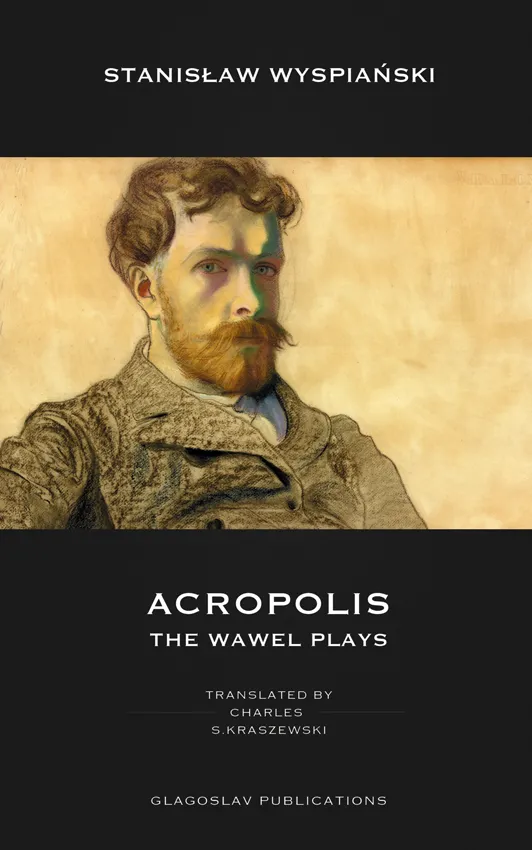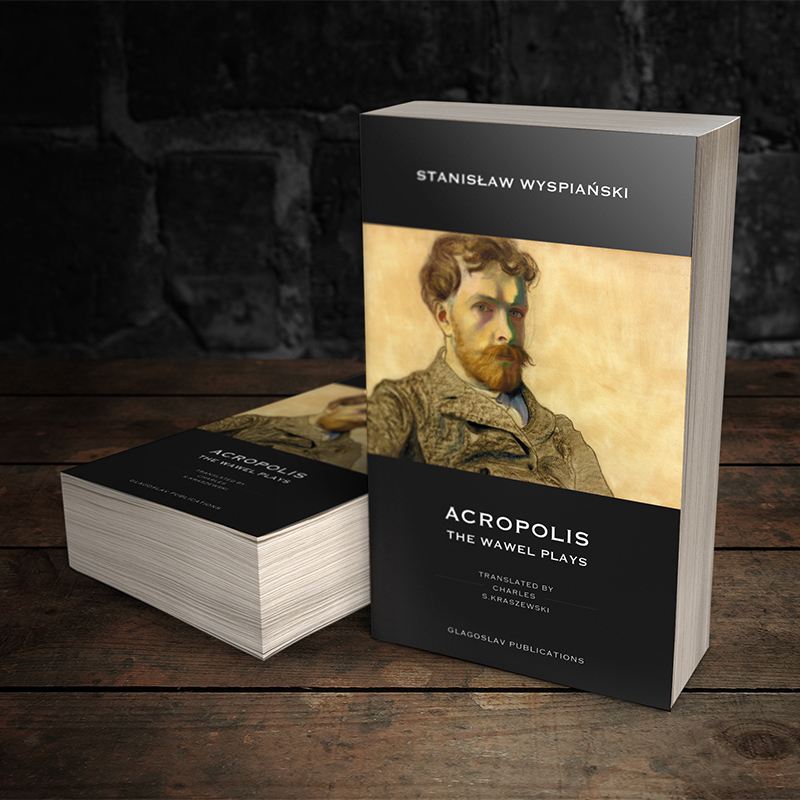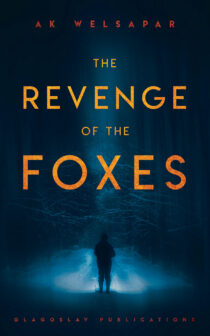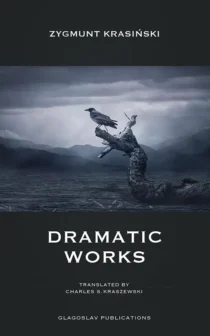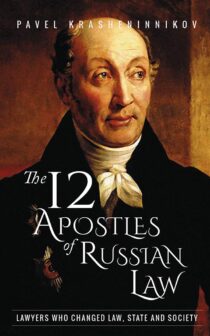Acropolis: The Wawel Plays
Price range: €9.95 through €33.99
Author: Stanisław Wyspiański
Edited and translated: Charles S. Kraszewski
Introduction and notes: Charles S. Kraszewski
Although he never left his native Kraków except for relatively short periods, Stanisław Wyspiański (1869-1907) achieved worldwide fame, both as a painter, and Poland’s greatest dramatist of the first half of the twentieth century. Acropolis: the Wawel Plays, brings together four of Wyspiański’s most important dramatic works in a new English translation by Charles S. Kraszewski.
Although he never left his native Kraków except for relatively short periods, Stanisław Wyspiański (1869-1907) achieved worldwide fame, both as a painter, and Poland’s greatest dramatist of the first half of the twentieth century.
Acropolis: The Wawel Plays, brings together four of Wyspiański’s most important dramatic works in a new English translation by Charles S. Kraszewski. All of the plays centre on Wawel Hill: the legendary seat of royal and ecclesiastical power in the poet’s native city, the ancient capital of Poland. In these plays, Wyspiański explores the foundational myths of his nation: that of the self-sacrificial Wanda, and the struggle between King Bolesław the Bold and Bishop Stanisław Szczepanowski.
In the eponymous play which brings the cycle to an end, Wyspiański carefully considers the value of myth to a nation without political autonomy, soaring in thought into an apocalyptic vision of the future. Richly illustrated with the poet’s artwork, Acropolis: The Wawel Plays also contains Wyspiański’s architectural proposal for the renovation of Wawel Hill, and a detailed critical introduction by the translator. In its plaited presentation of Bolesław the Bold and Skałka, the translation offers, for the first time, the two plays in the unified, composite format that the poet intended, but was prevented from carrying out by his untimely death.

| Dimensions | N/A |
|---|---|
| Author | Stanisław Wyspiański |
| Pages | 510 pages |
| Publication date | 10th September 2017 |
| Book Format | Hardcover, Paperback, EPUB, Kindle, PDF |
Author
Stanisław Wyspiański
Stanisław Wyspiański (1869-1907) is a poet, dramatist, theatrical director, painter, architectural restorer, furniture designer, and can be called a Renaissance man of the early twentieth century. Wyspiański is of prime importance to the history of Polish art, as he is to the history of Polish literature. He is the key artist of Modernism in Poland, and the driving force behind the Młoda Polska (Young Poland) period in letters. A student of Jan Matejko, he was a professor at the Academy of Fine Arts in his home city of Kraków. During a period of study in Paris, he came to know, and be influenced by, Gaugin. His artworks are characterised by their decorative qualities and bright colours. He was especially fond of pastels. Many of his works may be seen in Kraków today. Of special importance are his stained glass windows in the Franciscan church. His designs for stained glass windows at Wawel Cathedral, including depictions of St. Stanisław, remained unrealised until the XXI century (when they were incorporated into the Wyspiański Pavilion on Grodzka St.)
He is the author of nearly twenty verse dramas, chief among which is Wesele (The Wedding Feast, 1901), a poetic allegory concerning his contemporary Poland and the inability of his countrymen to act, in a concerted fashion, to win their independence from the partitioning empires of Austria, Russia and Prussia. His collected writings fill fourteen volumes. They include, besides his dramatic works, lyrical and narrative poetry, a strongly-interpreted translation of Corneille’s Le Cid, the first great production of Adam Mickiewicz’s Dziady (Forefathers’ Eve), and a critical consideration of Shakespeare’s Hamlet from the perspective of its stage realisation in modern Poland.
Endorsements and Review Quotes
“All in all, his plays are easier to read and comprehend in English translation than in Polish. They are also more universal and less national than the source texts, which is—as in the case of the Forefathers’ Eve rendition by the same translator—a very clever solution.” Agata Brajerska-Mazur, The Polish Review
